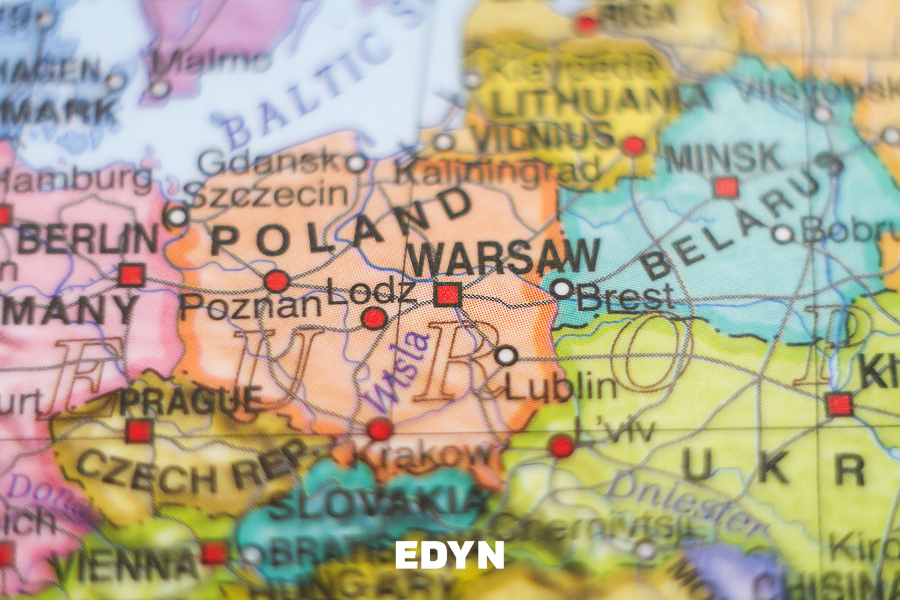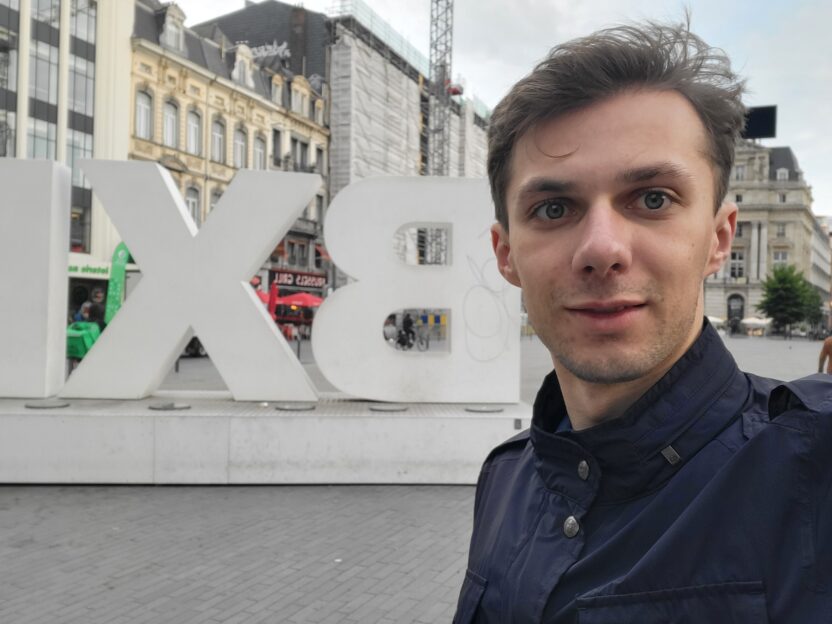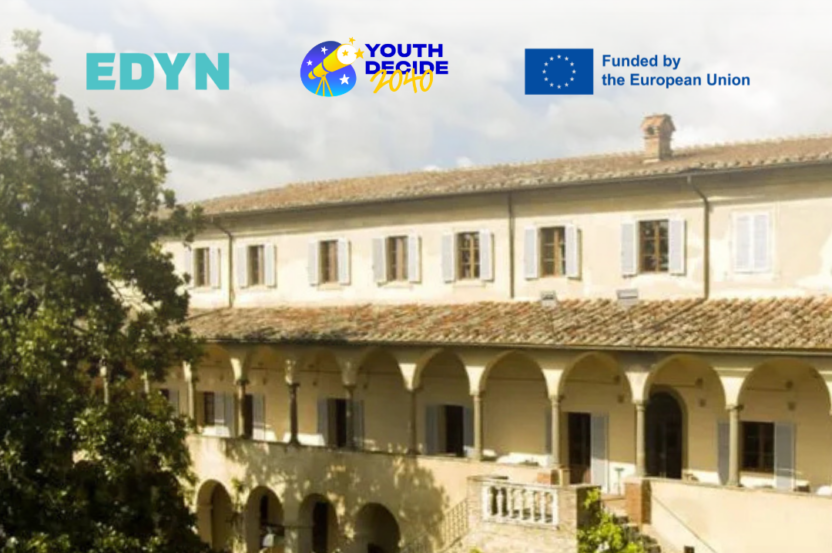EDYN Features are short articles where our members share their thoughts on key issues like youth engagement, disinformation, democracy, EU enlargement, and conflict resolution. The goal is to spark conversations, highlight different perspectives, and to help us all think more deeply about what’s happening in the world.
Want to be a part of the series? Write a message to [email protected] and share your ideas!
Threats to Democracy in Poland: Youth’s Perspective
 |
Written by Hubert TadychMember of EDYN Poland
|
Poland’s geographical position has historically placed it at the center of geopolitical struggles, often caught between two warring powers, and this remains true today. For centuries, Poland has faced persistent threats to the stability of its political system, and this reality continues to shape its contemporary challenges as it confronts mounting geopolitical, economic, and security pressures. One of the most pressing security challenges remains the Suwałki Gap—a narrow land corridor linking the Baltics with the rest of the EU and a potential flashpoint for military escalation that may have devastating consequences for Poland’s security.
With the ongoing war in Ukraine, Poland has emerged as a frontline defender of European security, yet its efforts remain largely unsupported by other NATO and EU allies. The Belarusian border, merely 150 kilometers east of Warsaw, leaves Poland exposed to various hybrid warfare tactics designed to destabilize its democratic order.
At the same time, Poland’s commitment to regional security will be evident in 2025, as it allocates 4.7% of its GDP to defense—significantly outpacing other allies and reinforcing its role as a key security pillar. However, this disproportionate burden not only strains the national economy but also risks fostering public disillusionment with both domestic leadership and international alliances, particularly if Poland’s efforts are perceived as being met with insufficient support from its partners. If citizens perceive that their country is unfairly overburdened while others fail to contribute adequately, disillusionment with both domestic leadership and international alliances may grow.
Beyond financial concerns, Poland is facing an even more insidious threat: foreign interference in its upcoming 2025 presidential elections. Russia’s systematic attempts to influence democratic processes across Europe have intensified, as seen in Romania, and Poland may not be an exception. Disinformation campaigns, cyberattacks, and covert political manipulations are increasingly targeting Poland’s electoral system, aiming to sow division and distrust.
One of the most concerning aspects of this interference is the strategic exploitation of Poland’s sizable Ukrainian, Moldovan, Belarusian, and Georgian diaspora. Playing on prejudices against these communities has become a deliberate method of political manipulation, used to create societal divisions and stoke distrust. By amplifying fears and xenophobic narratives, hostile actors seek to polarize the electorate and weaken social cohesion, making it easier to manipulate the public opinion.
Failure to address these tactics could erode public trust in democratic institutions, deepen societal divisions, and ultimately destabilize Poland’s political landscape. A coordinated response from both national and international actors is essential to safeguard electoral integrity and uphold democratic values in Central and Eastern Europe.



